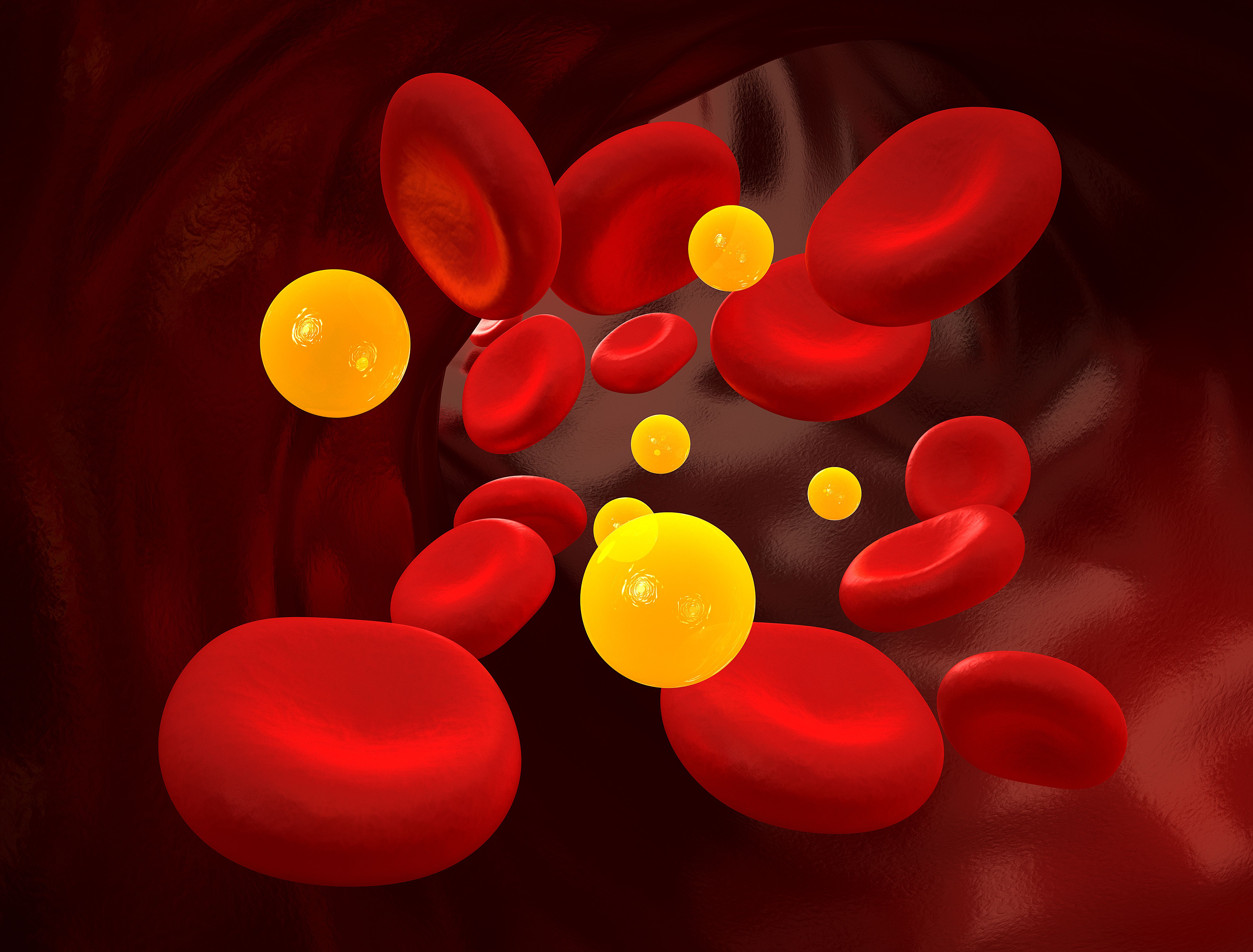Article
SPORT: Supplements Fail to Lower LDL-C in Primary Prevention Population
Data from a trial presented at the American Heart Association 2022 Scientific Sessions highlight a message so many clinicians have tried to drive home in recent years: most supplements provide little to no health value, despite advertised claims.
A short-term, comparative study assessing low-dose statin therapy against 6 commonly used dietary supplements and placebo therapy, results of the study indicate none of the dietary supplements promoted for improving heart health lowered LDL-C more than placebo after 28 days of use, while use of statin therapy was associated with a mean reduction of 37.9% in LDL-C from baseline with no adverse safety signals of note.
“According to a 2020 market research analysis, Americans spend an estimated $50 billion on dietary supplements annually, and many are marketed for ‘heart protection’ or ‘cholesterol management’. Yet there is minimal-to-no research demonstrating these benefits,” said Luke J. Laffin, MD, codirector of the Center for Blood Pressure Disorders at the Cleveland Clinic, in a statement. “Some people also believe supplements are as effective or more effective than cholesterol-lowering statin medications.”
The Supplements, Placebo or Rosuvastatin Study (SPORT) was a single-center, prospective, randomized, single-blind trial among designed to compare 6 common dietary supplements, placebo therapy, and low-dose statin therapy for lowering LDL-C in a primary prevention cohort with an LDL-C of 70-189 mg/dL and a 5-20% 10-year risk of ASCVD. Enrolling 199 patients and randomizing them in a 1:1:1:1:1:1:1:1 ratio into the 8 study arms, the primary outcome of interest for the trial was difference in LDL-C from baseline for the low-dose statin therapy arm compared with placebo and each supplement at 28 days. Investigators noted the primary outcome was assessed in a hierarchical fashion, with statin therapy first compared with placebo and, then, the 6 supplements.
For the purpose of analysis, statin therapy was defined as rosuvastatin 5 mg once daily. The 6 supplements chosen for the trial were Nature Made® fish oil 2,400 mg, Nutriflair™ brand cinnamon 2,400 mg, Garlique™ brand garlic with 5,000 mcg of allicin, BioSchwartz brand turmeric curcumin with bioperine 4,500 mg, Nature Made® CholestOff Plus™ with 1,600 mg of plant sterols, and Arazo Nutrition brand of red yeast rice 2,400 mg.
Upon analysis, results indicated the mean reduction in LDL-C achieved at 28 days was 37.9% among those randomized to low-dose statin therapy. When examining LDL-C change from baseline with the 6 supplements, results suggested changes were comparable to those in the placebo group, with the garlic supplement associated with an increase in mean LDL-C levels of 5.3% (P for all <.001). Analysis of secondary outcomes of interest demonstrated use of low-dose statin therapy was also associated with a mean reduction of 24% in total cholesterol and a 19% reduction in triglycerides, neither of which was observed for any of the supplements. Investigators pointed out use of plant sterols was associated with a notable reduction in HDL-C and none of the study interventions had a significant impact on hsCRP.
“This study sends an important public health message that dietary supplements commonly taken for ‘cholesterol health’ or ‘heart health’ are unlikely to offer meaningful impact on cholesterol levels.” Laffin added. “The results also indicate that a low-dose statin offers important beneficial effects on one’s cholesterol profile. Future research should study other types of dietary supplements and their potential impact on cholesterol levels.”
Our editorial team sat down with study investigator Erin Michos, MD, associate professor of medicine at Johns Hopkins School of Medicine, at AHA 2022 with an interest in learning more about the study, how it can be leveraged to improve patient education, and how it informs care of similar primary prevention cohorts moving forward. That conversation is the subject of the following video.
This study, “Comparative Effects of Low-Dose Rosuvastatin, Placebo and Dietary Supplements on Lipids and Inflammatory Biomarkers,” was presented at AHA 2022 and simultaneously published in the Journal of the American College of Cardiology.




